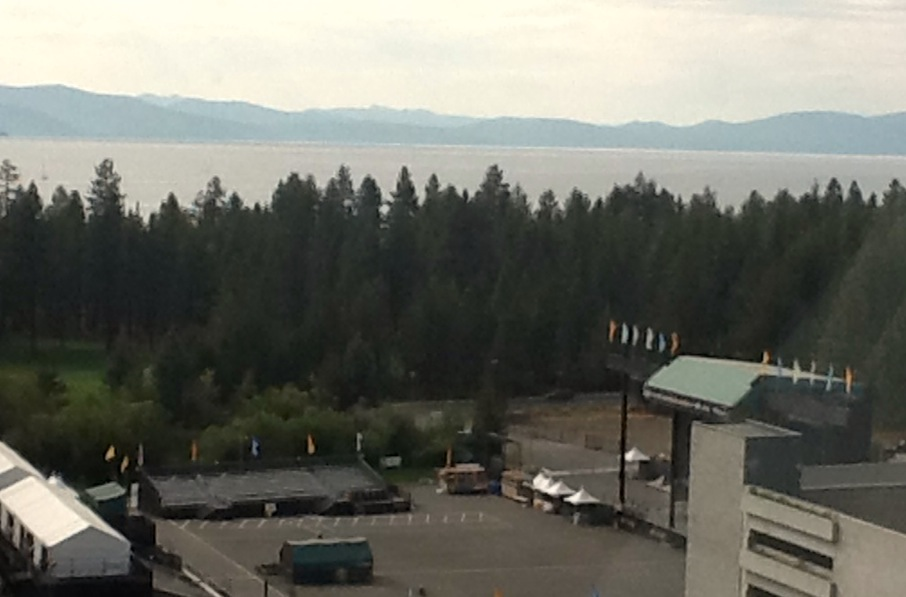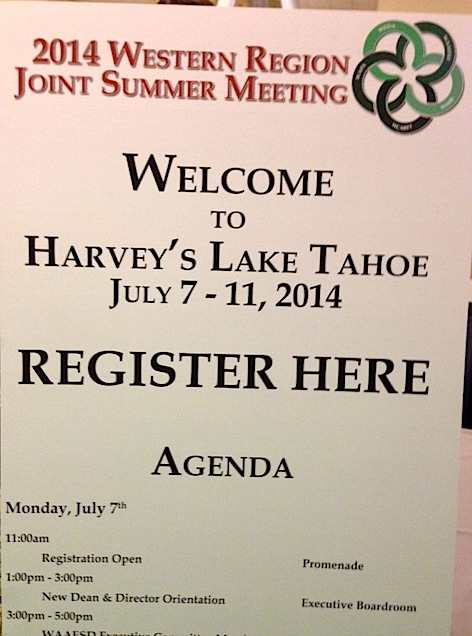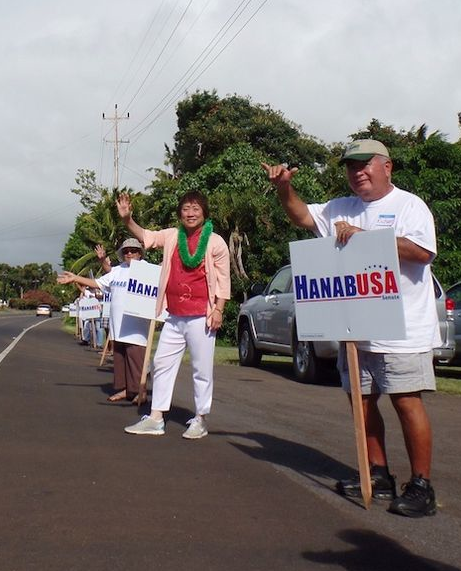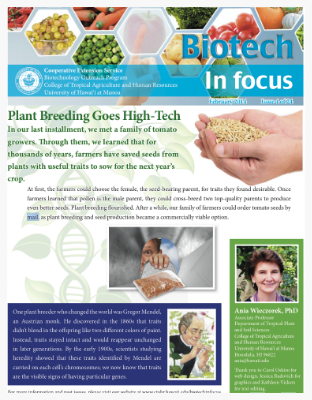Richard Ha writes:
I was asked to talk this morning at the Hawai‘i State Association of Counties 2014 Annual Conference, which was held in Waikiki. I spoke on the panel called Preparing for Climate Change. Here’s what I said.
***
Aloha everyone. Thanks for inviting me.
Food security has to do with farmers farming. If the farmers make money, the farmers will farm!
The Hawaiian side of our family is Kamahele, from lower Puna. All the Kamaheles are related. The Okinawa side of our family is Higa. The Korean side of our family is the Ha name. It’s about all of us in Hawaii. Not just a few of us!
I write an ag and energy blog Hahaha.hamakuasprings.com. It stands for three generations of us.
What is the difference between climate and weather? Neil DeGrasse Tyson, on Cosmos, describes it like the guy strolling down the beach with his dog. The dog running back and forth is the weather. The guy walking along the beach is climate.
Background: 35 years farming, more than 100 million pounds of fruits and vegetables. We farm 600 fee-simple acres which the family and 70 workers farm. Not having any money, we started out by trading chicken manure for banana keiki and went on to become the largest banana farm in the U.S. We were green farmers early. In 1992, we were first banana farm in the world certified Eco-OK by the Rainforest Alliance. In 2008, we were one of six national finalists for the Patrick Madden SARE award. We were one of the first farms in Hawai‘i to be food-safety certified.
When we needed to find a solution for a disease problem, we took a class in tissue culture and tried to culture the plants in our back bedroom. But there was too much contamination, from cat hair maybe. So we made our own tissue culture lab. We have our own hydroelectric plant, which provides all our electricity. Our trucks and tractors operate with fuel from Hawai‘i biodiesel.
My pop told me that, “Get a thousand reasons why no can.” I’m only looking for the one reason why CAN.
As we stroll along the climate change beach, there are two things that we notice.
The first is energy. Without energy, work stops. Petroleum products are finite and costs will rise. Farmers’ costs will rise and farmers’ customers’ costs will rise. How can we dodge the bullet?
I attended five Peak Oil conferences. The world has been using twice and three times as much oil as we have been finding. So the price is going to keep on going up. It will increase farmers’ costs and will increase the farmers’ customers’ costs. We need to do something that will help all of us, not just a few of us. Something that can help future generations cope.
That something is hydrogen. The geothermal plant can be curtailed at 70 MW per day. That’s throwing away 70 MW of electricity every night. The new eucalyptus chip plant Hu Honua can be curtailed by 10 MW for ten hours per night. The key to hydrogen is electricity cost. On the mainland it is made from natural gas. Here it can be made from running electricity through water. We are throwing away lots of electricity at night. We know that oil and gas prices will be steadily going up in the future. Hydrogen from our renewable resources will become more and more attractive as oil and gas prices rise. At some point we will have an advantage to the rest of the world. And as a bonus, hydrogen combined with nitrogen in the air will produce nitrogen fertilizer.
You may be interested to know the inside scoop about the lawsuit that Big Island farmers brought against the County.
Why? Clarity: Farmers are law-abiding citizens and we play by the rules. We thought that the Feds and the State had jurisdiction. We want clarity about the rules of the game.
Equal treatment: Only Big Island farmers are prohibited from using biotech solutions that all our competitors can use. How is that equal? It’s discriminatory against local farmers.
When the law was first proposed, they wanted to ban all GMOs. We asked what are papaya farmers supposed to do? They said, we can help them get new jobs, to transition. We were speechless. It was as if they were just another commodity. So farmers and ranchers got together and ran a convoy around the County building in protest. Then they said they would give the Rainbow papaya farmers a break. I was there when the papaya farmers had a vote to accept the grandfather clause for Rainbow papayas. There were a lot of young, second- and third-generation farmers there in the room.
In the end, the papaya farmers said, We are not going to abandon our friends who supported us when we needed help. That is not who we are. Then they voted unanimously to reject the offer. I was there and being a Vietnam vet, where the unspoken rule was we all come back or no one comes back, I could not have been prouder of the papaya farmers. That explains why the Big Island farmers are tight. Old-fashioned values. The rubbah slippah folks absolutely get all of this.
So who are these farmers? I am one. I don’t grow GMOs. It isn’t about me. I’ll make 70 this year and, like almost all the farmers, have never sued anyone. But there comes a time when you have to stand up for what is right.
The group we formed, Hawaii Farmers and Ranchers United, grows more than 90 percent of the farm value on the Big Island.
This is about food security. The GMO portion of food security is small. This is not about large corporations. It is about local farmers. It is not about organics; we need everybody. But organics only supply 4 percent of the national food supply and maybe 1 percent of Hawai‘i’s. Our organic farmers are not threatened by modern farming. Hawaii organic farmers are threatened by mainland, industrial-scale organic farms. That is why there are hardly any locally grown organics in the retail stores. It’s about cost of production. Also, on the mainland winter kills off the bad bugs and weeds and the organic farmers can outrun the bugs through the early part of summer. Hawai‘i farmers don’t have winter to help us.
Most importantly, this is about pro-science and anti-science. That is why farmers are stepping up. We know that science is self-correcting. It gives us a solid frame of reference. You don’t end up fooling yourself. In all of Hawai‘i’s history, now is no time to be fooling ourselves.
My pop told me that there were a thousand reasons why No Can. He said, look for the one reason why Can! He said to look for two solutions to every problem and one more, just in case.
He would pound the dinner table and dishes would bounce in the air and he would point in the air and say, “Not no can. CAN!”
We can have a better world for future generations. It’s all common sense and attitude.
***




